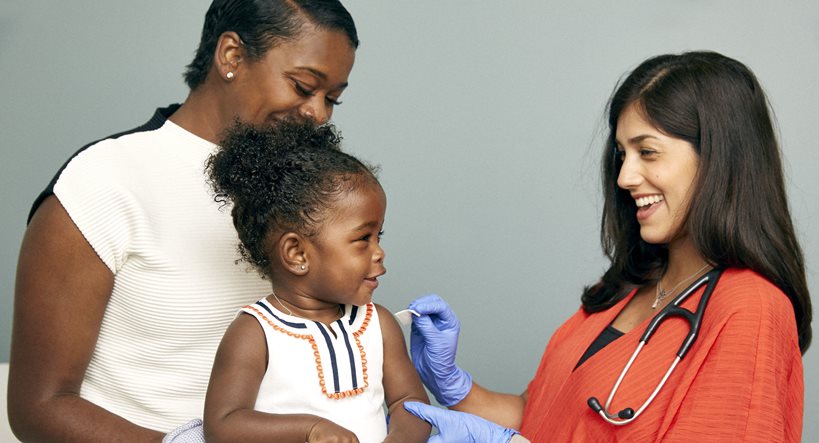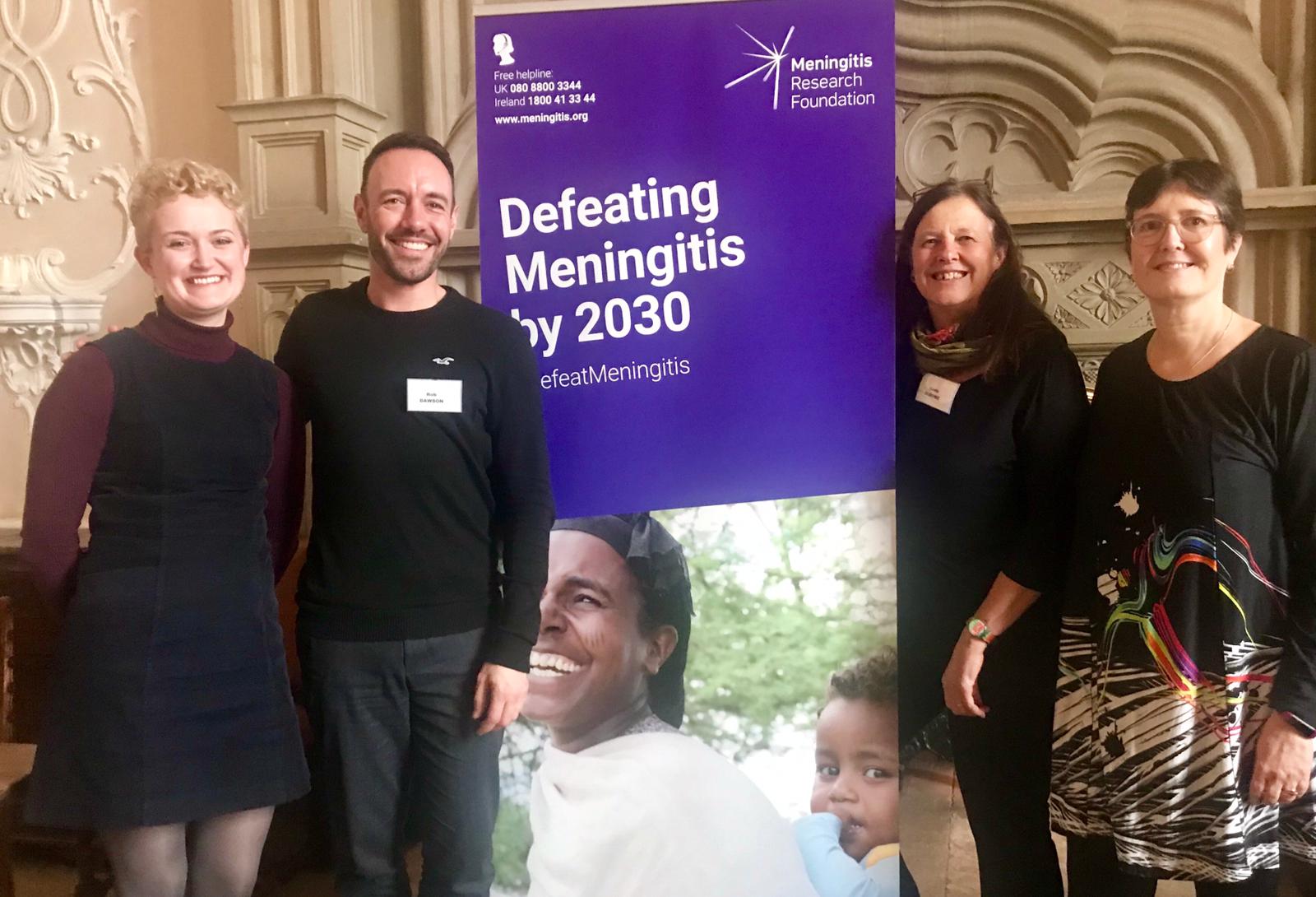What do we mean by ‘defeat’ meningitis?
The more technical terms eradication (targeted efforts resulting in 0 cases globally) and elimination (targeted efforts resulting in 0 cases in a specified region) are often used when referring to ridding the world of certain diseases. Smallpox has been eradicated since the late 1970’s, and polio and guinea worm disease have been eliminated from many regions, with global eradication on the horizon.
Other global efforts have used 'end', ‘combat’, or are just referred to as ‘plans’. The Global Roadmap uses the term ‘defeat’ as it speaks to garnering action and collaboration towards overcoming a cause. Defeating meningitis doesn’t mean just preventing it from happening, but supporting those who have been affected as a result of the disease.
So is it possible to defeat meningitis?
The reality in the case of meningitis is that eradication and elimination are unlikely to be feasible. This is because of the multitude of pathogens causing it (bacteria, viruses, funguses, amoebas), of which many are often carried harmlessly by us or live naturally in the environment, and many of which are not yet vaccine-preventable.
Nevertheless, since global routine introduction of Hib and pneumococcal vaccines, millions of lives have already been saved. Yet these are only two of many causes of meningitis, and continued vaccination is absolutely vital to continue saving lives from meningitis.

In the African meningitis belt, over 300 million people aged 1-29 years have been vaccinated with MenAfriVac since 2010, a vaccine protecting against meningococcal serogroup A. This has resulted in almost a 100% decline in meningococcal A meningitis, which caused devastating outbreaks and epidemics in the region. Now we are left with the challenge of encouraging these countries to introduce the vaccine into routine schedules to prevent a recurrence, and finding a way to defeat other meningococcal serogroups which are capable of causing outbreaks worldwide.
However, antibiotic resistance is now becoming a significant challenge in the fight to defeat meningitis, with growing evidence that bacteria are becoming increasingly resistant to antibiotics due to their ability to ‘mutate’ and swap genes.
Diagnosing meningitis also has its challenges; not only does the disease often present with similar atypical symptoms to other diseases (flu, malaria), but a sample of fluid surrounding the brain and spinal cord is required for testing to confirm a case, presenting a number of resource and laboratory barriers. Even in the UK the cause of meningitis is unknown in around half of cases.
Ultimately, to truly defeat meningitis by 2030, a coordinated approach is needed where strategies work alongside one another such as those tackling vaccines, maternal and child health, disability, rapid diagnostics, antibiotic resistance, and other infectious diseases to name a few.
The here and now: what’s the plan?
In light of these challenges, the Global Roadmap sets out to defeat meningitis by 2030 based around 5 pillars of action.
- Pillar 1: Prevention and epidemic control
- Pillar 2: Diagnosis and treatment
- Pillar 3: Disease surveillance
- Pillar 4: Support and care for people affected
- Pillar 5: Advocacy and engagement
The actions to overcome these challenges, and ultimately defeat meningitis, involve:
- increasing the use and availability of vaccines to prevent the disease from striking and reduce the need for antibiotics;
- supporting the development of tests which can rapidly detect meningitis;
- encouraging evidence-based management of meningitis;
- improving support services for people affected;
- increasing global awareness and sensitization of disability caused by meningitis.
Successful implementation will rely on regional and country level adoption of strategic goals once the roadmap has been ratified at the World Health Assembly.

The Global Roadmap currently targets pathogens which are the predominant causes of acute bacterial meningitis and for which vaccines are either available or are on the horizon (meningococcal, pneumococcal, Haemophilus influenzae (Hi), and group B streptococcal (GBS)). It also links to other relevant global initiatives such as the WHO Deafness and Hearing Loss programme, the Global Antimicrobial Resistance Surveillance System, Immunization Agenda 2030, Every Newborn Action Plan, and The End TB Strategy.
Our Meningitis Progress Tracker allows countries, individuals, and global organisations to look at what current meningitis burden estimates show globally, regionally, and nationally. Click here read the full draft version of the Global Roadmap to Defeat Meningitis by 2030.